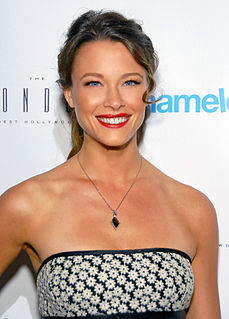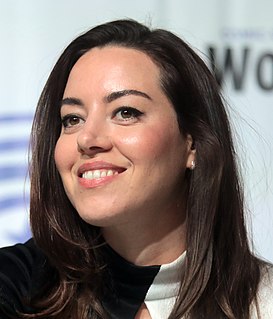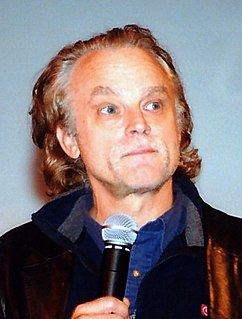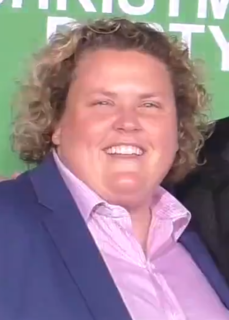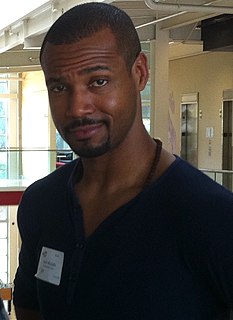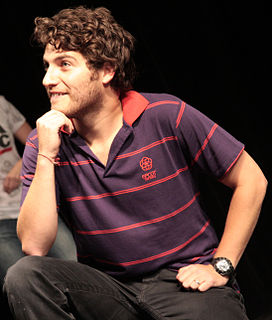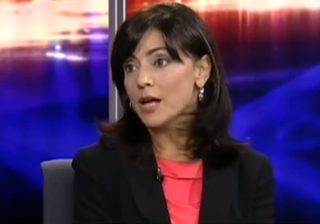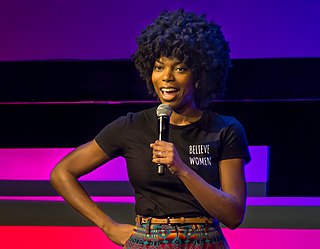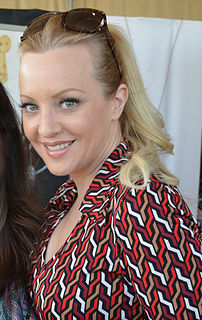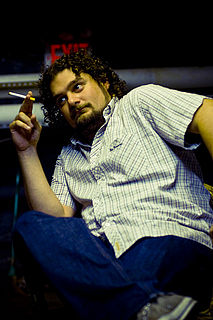A Quote by Scottie Thompson
I've trained primarily in Meisner Technique, and I've done a little bit of Groundlings and Upright Citizens Brigade just to get my feet wet in the improv world because I think that's really important. But most of the teachers I've worked with, I've gotten, like, references through agents or managers, and they're sort of independent.
Related Quotes
I think sometimes when people start doing improv there's some regression towards trying to replicate the "good" improvisers that they've read about in their improv books or heard about from their teachers. That's understandable, because they're trying to learn technique and stuff, but I actually think that my favorite performers are ones who have unique improv technique but also have a unique point of view that you can feel with them and their performances.
The most important thing for people to get is we're not even looking at one big investigation, all these agents working together. They were chopped up and divided, but because I worked in the central place... other agents were sending their material to me... I was in this position to see all the dots being connected... These agents, while I was there, because I was the central person, they started connecting the dots.
Improv is more than just spitting out a bunch of funny stuff that's unrelated to the material. You have to stay in character, you have to react and respond as the character you're trying to play. You have to service the story, and I think improv training has helped with my listening, responding, and my audition technique. It's sounds so silly, but it's true. Because not only do you improvise during the audition, but once you get the part, they'll say, "Throw away everything. Just improv this scene. Do whatever you want." Someone could panic if they're not used to doing something like that.
Your agents and your managers will always say stuff to you like, "It's really important to make a good first impression on a casting director. And even though you didn't get that job, because you did well that means they'll keep bringing you back in." But when you really just need a job to pay your rent, that stops being very consoling.
